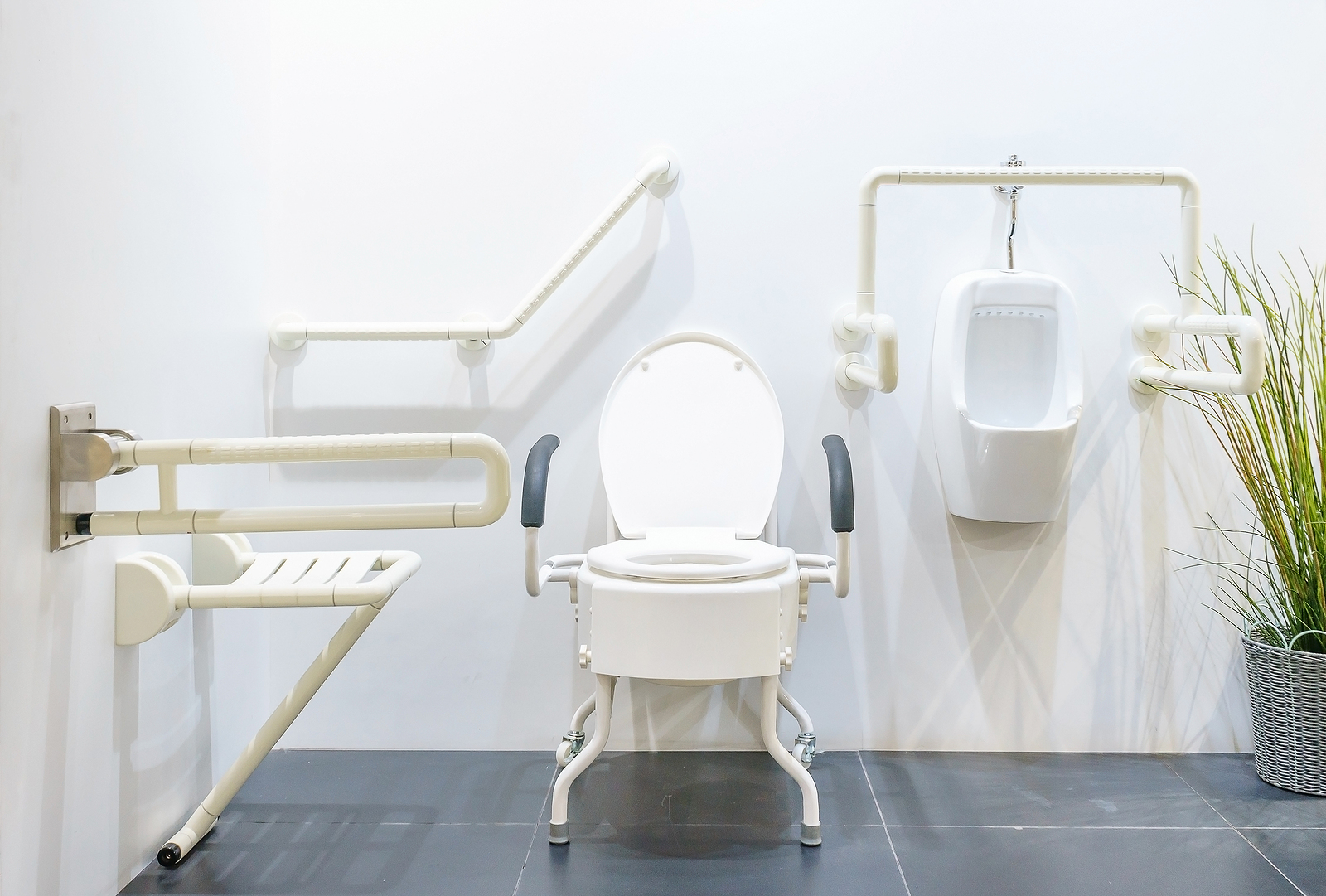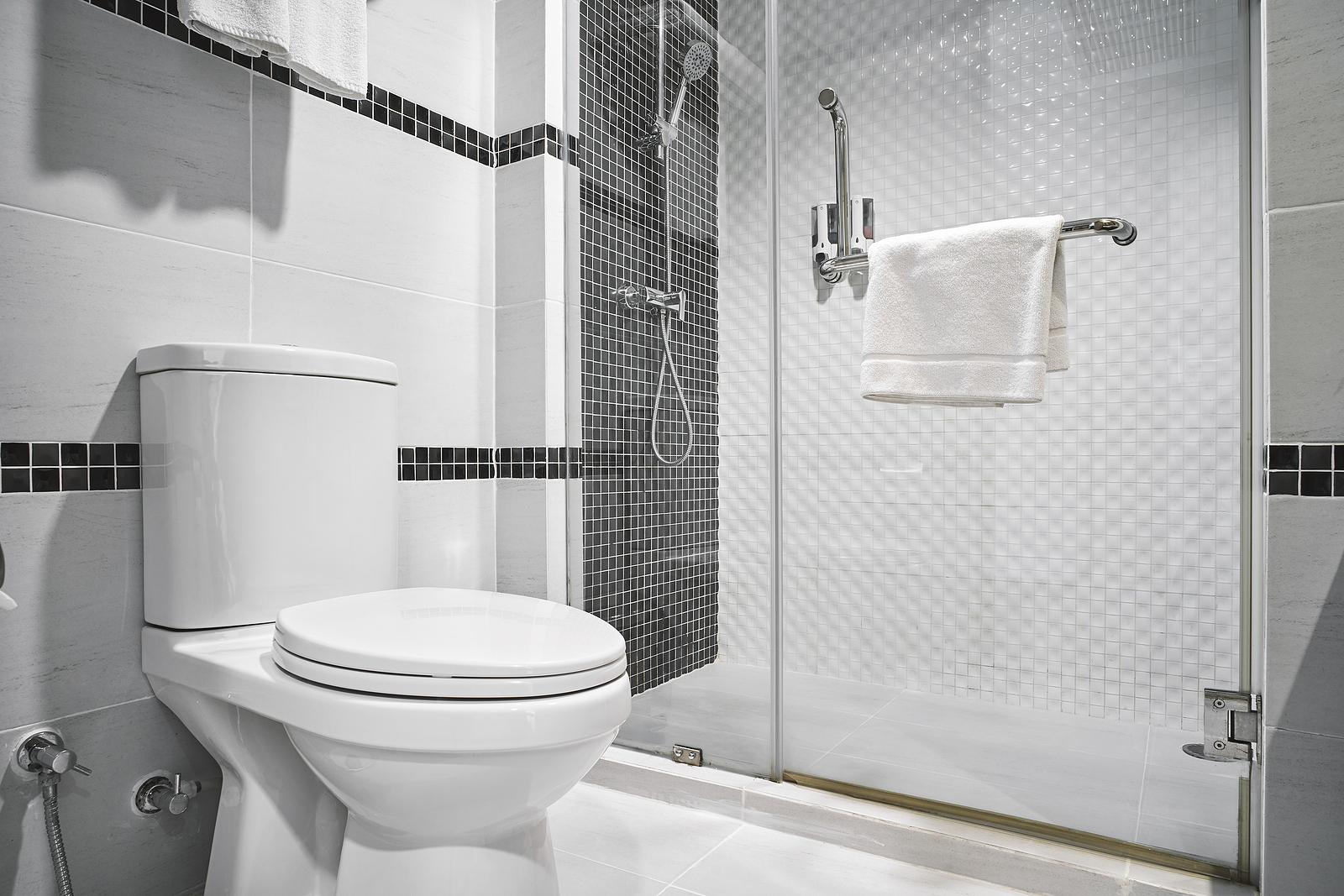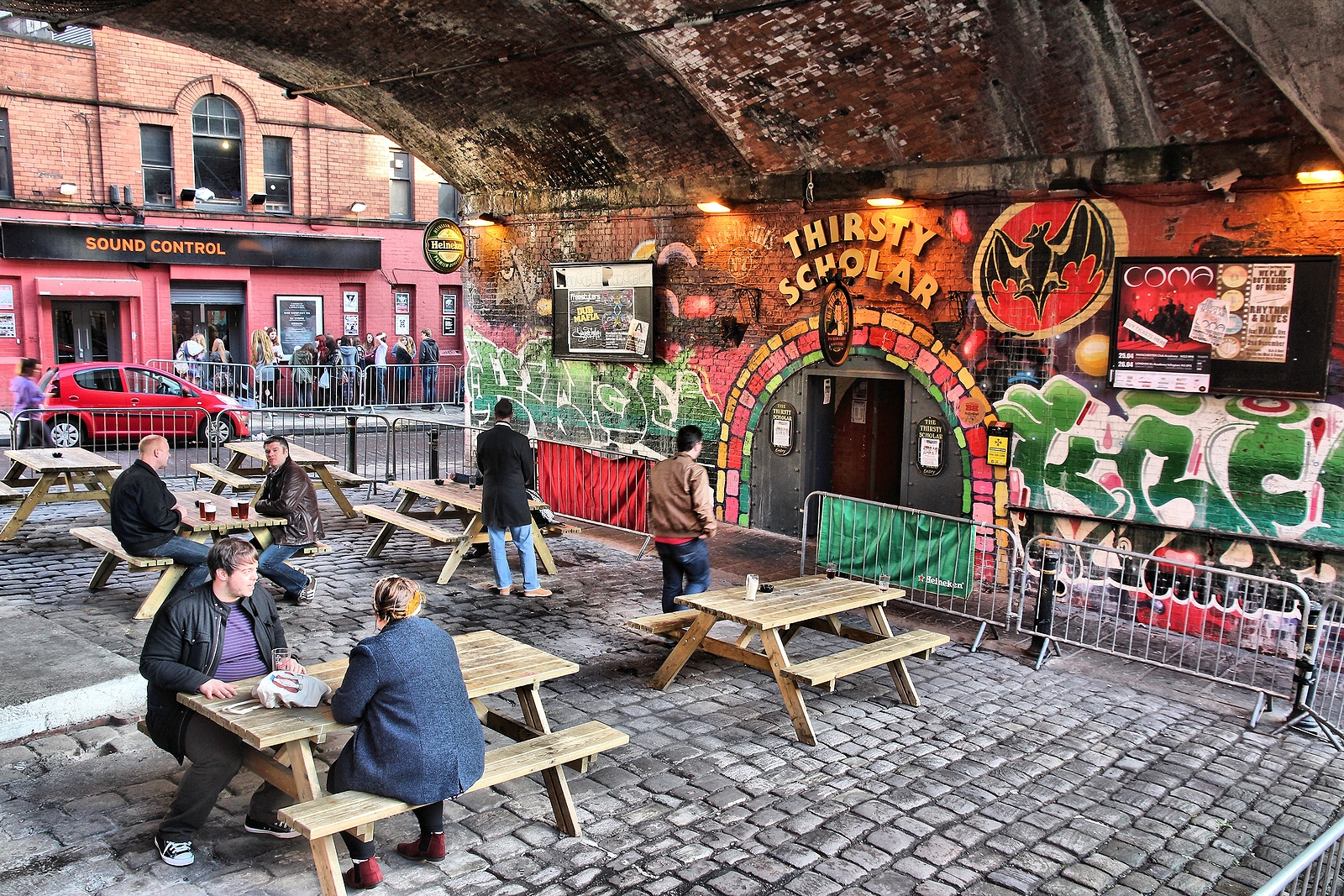

A lack of decent public toilets is a common issue for many people, especially at a time when the twin problems of vandalism and tight council budgets often conspire to make the situation very difficult to resolve. But for the disabled, the problem can be even worse.
All too often, the specialised facilities required by users with limited mobility are either inadequate and in a poor state or lacking entirely. This is something public sector providers may seek to avoid when providing standalone public toilets, or facilities within public facilities like libraries and leisure centres. However, commercial premises often fall well short.
This is hardly the only way in which the disabled are let down by a lack of helpful facilities, others commonly including the absence of step-free access to railway stations or the upstairs areas of shops and restaurants.
However, that does mean concerted efforts to resolve such issues can include better washroom provision and therefore provide a better deal all round for those with limited mobility.
York Sets An Example
If you need any inspiration to ensure your premises have suitable washroom cubicles for the disabled, this may come from a scheme in the city of York.
The programme, involving the city council and 55 partners, titled ‘For Your Convenience’, aims to offer more people a seat or toilet, with this being aimed specifically at those who are disabled, elderly, or have a long-term medical condition.
This follows on from a previous ‘Take a Seat’ initiative in the city, and work on the new scheme involved consultations with the “toilet stakeholder group”.
You might not think of your business as a “toilet stakeholder,” let alone part of a group of them. But the upshot of this plan is that over 50 businesses have set out not only to provide suitable toilet facilities for those of limited mobility, but also display window stickers to highlight the fact, making it easier for those needing such facilities to find them.
Explaining the scheme, the council’s executive member for the environment, Cllr Jenny Kent, said: “We are committed to making York a welcoming, accessible city for all. We’ve listened to York people and businesses, expanding the scheme to include public toilet provision and baby changing facilities.”
She noted that the establishment of the scheme is a significant achievement in view of the “challenging” medieval layout of the city, but one that has been made possible by the willing participation of local businesses.
Can Other Cities Follow Suit?
The nature of an old city like York may present similar problems to any similar scheme in other small but old cities, such as Oxford, Cambridge, Canterbury, or Bath.
Elsewhere, some of the issues may be slightly different. For example, while some big cities, such as London and Edinburgh, have significant older parts, the biggest issues of access and facilities will lie elsewhere.
For example, London’s extensive public transport system may be great for getting around the capital, but, as well as many Tube stations still not having step-free access (although a growing number do), only a limited number of stations have any toilet facilities, let alone the full provision that includes meeting the needs of those with disabilities.
Worse still, anyone who knows the Tube well will note that the map of the system showing the toilet facilities is a pretty good indicator of which stations are above ground, with those below mostly being washroom-free zones.
That would suggest that London establishments in central areas will be giving great service if they take extra steps to ensure they have good toilet facilities for all, including those with limited mobility.
A Shocking Glasgow Statistic
In Glasgow, it’s not just the passengers using the underground rail network who have cause for concern. A shocking report two years ago highlighted the fact that in the city as a whole, there were just over a dozen publicly accessible toilets for those with disabilities.
If, as a result of the For Your Convenience scheme, a small city like York can be so much better for those with disabilities who might need suitable washroom facilities than a big city like Glasgow, it just goes to show what a difference can be made when commercial enterprises commit themselves to providing facilities to meet the needs of everyone.
What that also means is that your business, whether you are located in a big city, a small one, or even just a modestly sized town, can be part of the solution, one that may be needed more than ever in a time of council budget cuts that limit public facilities.




